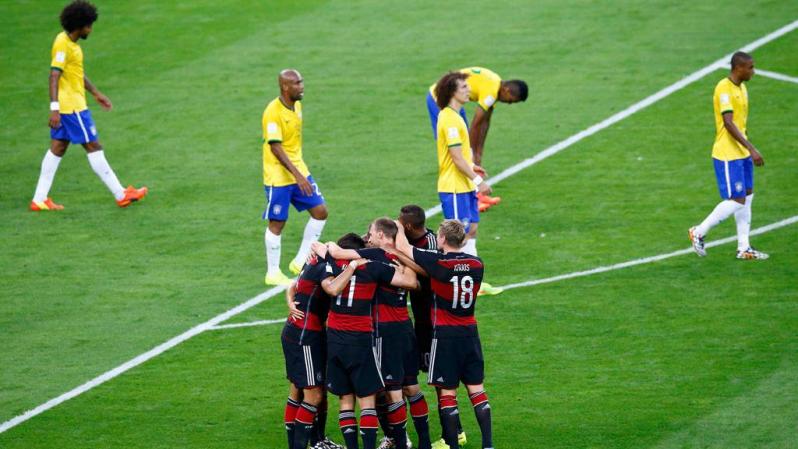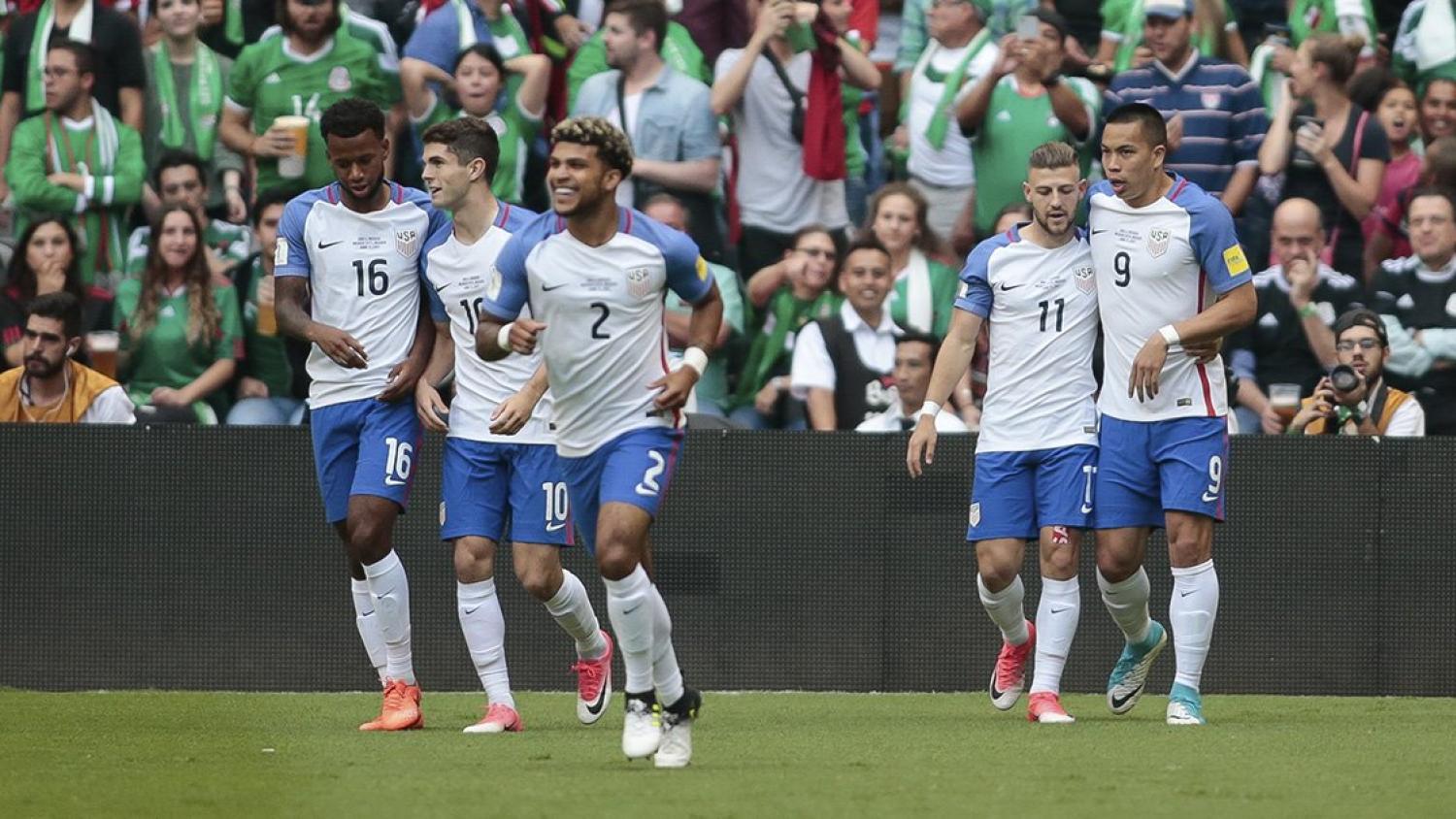The United States, Mexico and many other countries across the globe will line up to play some relatively meaningless friendlies next week. They could be some of the last international friendlies if a UEFA-led project comes to fruition and forever reshapes the landscape of international football.
UEFA created the Nations League, which will begin play next September as a sort of league for national teams. CONCACAF has considered a similar league. Now UEFA is leading an initiative to create a Global Nations League and put insignificant international friendlies on the endangered species list. And that sounds pretty cool to us.
For those unfamiliar with the UEFA Nations League, it will be an international league of four divisions with four groups each in which the top teams get promoted and the bottom teams are relegated. The top teams in the top division face off in a four-team competition to determine a champion. It doesn’t replace the Euros or World Cup, but merely adds a few meaningful matches in place of friendlies.
This new project hopes to create Nations Leagues across all confederations, each with its own promotion and relegation and various divisions based on the quality of teams within each region. South America might have two groups of three in the top division while CONCACAF would likely have one top-division group with Mexico, Costa Rica, Panama and (if they’re good enough) the United States.
Then, instead of the top teams in the top division facing off against their fellow continental foes, all confederations will join together with the best from each region for an eight-team tournament. While numbers aren’t exact, this would probably mean three European nations, two from South America and one each from CONCACAF, Asia and Africa. It would essentially be another Confederations Cup, only without the host nation and some lowly team from Oceania.
Except it would be much bigger than the Confederations Cup. In addition to bringing in the top teams from all the top divisions, FIFA could bring in the top teams from all the other divisions (perhaps as many as seven). This would give teams that rarely have a chance at competing on the global stage (like Guadeloupe, Solomon Islands or San Marino) a few matches in the spotlight. Imagine a second-tier competition where Paraguay is fighting Wales for global acclaim or Scotland and South Africa vie for a third-tier title.
These leagues would take place over two years, which is plenty of time to play the four or six matches necessary to fill out a three- or four-team group. Most countries play at least that many friendlies with nothing on the line during that span, so they wouldn’t be losing anything meaningful. Plus, if such a tournament is created for the men, there’s no reason they couldn’t do something similar for the women.
The advantages to such a Global Nations League are many. Primarily, competition and the level of play would increase across the board by playing matches that carry weight. The money that such a league could bring in could be staggering. In addition to the TV rights that could be sold for the individual confederations, the Global Nations League finals would be on par with the Euros and Copa America tournaments in terms of revenue. This income could help subsidize the lower-division tournaments as well.

More of this, please. Photo: @dw_sports | Twitter
Primarily, it would just be better for soccer all around. Why have FIFA-mandated international dates if there aren’t meaningful matches to be played? Who doesn’t want more chances to see Germany face off against Brazil?
There are, of course, some disadvantages. For one, international friendlies are a great way to try out new or young players with the national team. If every match means something, teams will be less likely to want to introduce inexperienced players. But there will still be some exhibitions from time to time.
Something else to consider is that the World Cup will soon expand to 48 teams, which means a watered-down competition. How would this impact a global league? It’s hard to tell since neither has happened yet.
Right now this is all speculation because nothing has been finalized. Aside from the UEFA Nations League next year, other confederations aren’t likely to start anything until at least 2020 and more likely 2022.
But if FIFA gets on board with this idea it would revolutionize international soccer more than any other competition since the creation of the World Cup.





